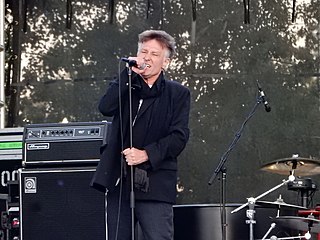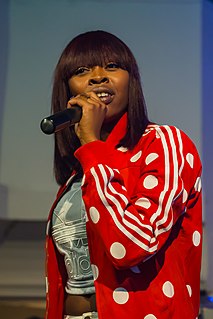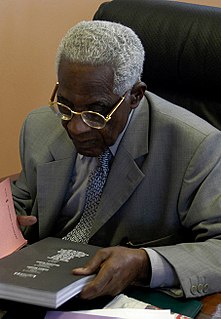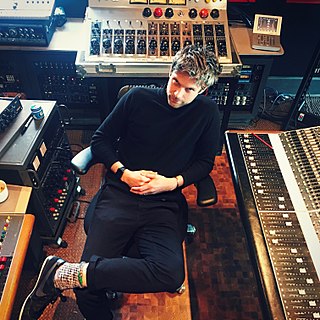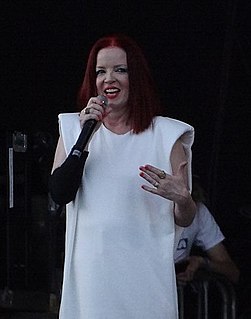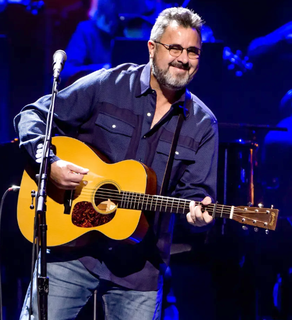A Quote by John Waite
We had huge success at first - really, really big. You could not turn on AM radio and not hear 'Every Time I Think of You.' And you couldn't turn on FM radio and not hear 'Head First.' And they were both on the same record.
Related Quotes
When I turn on my radio, when I hear that Negroes have been lynched in America, I say that we have been lied to: Hitler is not dead; when I turn on my radio, when I hear that Jews have been insulted, mistreated, persecuted, I say that we have been lied to: Hitler is not dead; when, finally, I turn on my radio and hear that in Africa forced labor has been inaugurated and legalized, I say that we have certainly been lied to: Hitler is not dead.
I wrote 'Turn Your Radio On' in 1937, and it was published in 1938. At this time radio was relatively new to the rural people, especially gospel music programs. I had become alert to the necessity of creating song titles, themes, and plots, and frequently people would call me and say, 'Turn your radio on, Albert, they're singing one of your songs on such-and-such a station.' It finally dawned on me to use their quote, 'Turn your radio on,' as a theme for a religious originated song, and this was the beginning of 'Turn Your Radio On' as we know it.
I turn on the radio. I'm a really big fan of old-fashioned dial radio. I love WNYC and NPR and also 88.3 in New York, which is the jazz station, and it's usually good for background music. If I'm not in New York City or by a traditional radio, I'll stream it on my phone, although I usually try not to look at my phone first thing in the morning.
'Boneless,' even though we were thinking about servicing it to radio, it made more sense putting a vocal on there. This was actually the first time that I really looked at doing a song for radio and kind of let go of some control and listened to a lot of different radio pluggers and had Ultra come in and help out with ideas.
